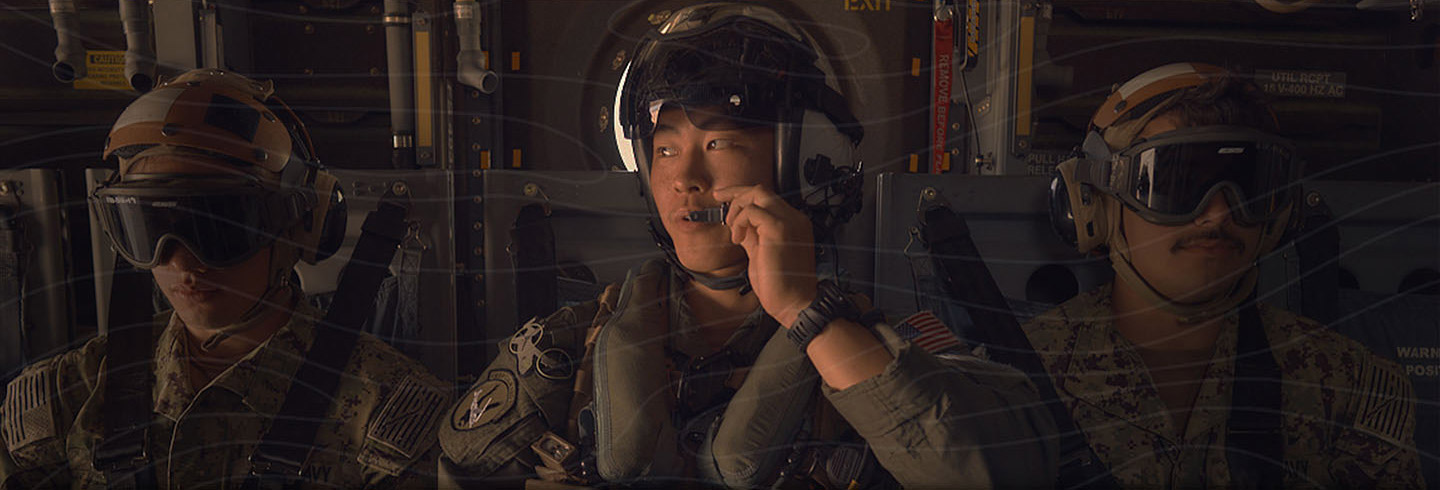The Navy offers two distinct career paths: Enlisted and Officer. Each serves a vital function in the Navy's mission, with different entry requirements, responsibilities and advancement opportunities.
Enlisted Sailors: Enlisted Sailors form the backbone of the Navy's operational forces. With a high school diploma or GED as the minimum educational requirement, these professionals serve in specialized occupational roles across the fleet. Enlisted careers begin with recruit training and can advance through nine pay grades (E-1 through E-9), with increasing responsibilities from entry-level positions to senior leadership roles where they supervise, advise and manage Navy operations.
Officers: Navy Officers serve as the military's managers, leaders and technical specialists. Most Officer positions require a four-year college degree at or before commissioning, though some programs allow candidates to complete their degree while in training. Officers begin their careers at the O-1 pay grade and can advance through increasing levels of responsibility and leadership. They typically oversee enlisted personnel, manage programs and operations and can ultimately command ships, aviation squadrons and shore installations.
Key Differences:
| Aspect | Enlisted | Officer |
| Entry Requirements | High school diploma/GED | Four-year college degree (with some exceptions) |
| Training Path | Boot Camp + "A" School | Officer Candidate School, Officer Development School, NROTC, Naval Academy and more. |
| Career Focus | Technical/operational expertise | Leadership/management |
| Pay Structure | E-1 through E-9 | O-1 through O-10 |
| Initial Responsibilities | Specialized technical roles | Management and leadership positions |
Career Progression: Both paths offer opportunities for advancement based on performance, time in service and additional education. Many Enlisted Sailors pursue commissioning programs to become Officers later in their careers, bringing valuable operational experience to leadership positions.
Not sure which path is right for you? Use our Career Comparison Tool to explore both Enlisted and Officer career options side by side and find the Navy path that best matches your qualifications, interests and goals.

















































































































































